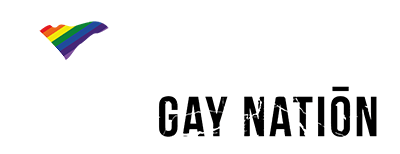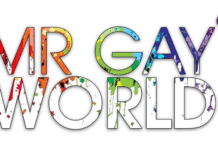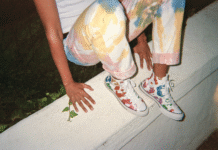
Both the HIV peer support organisation Body Positive and the New Zealand AIDS Foundation share the same view that if global advances in science are harnessed, then it could mean the end of HIV infections in New Zealand.
Medications are now available globally that can dramatically reduce infections.
Treatment and medicines can suppress the HIV virus so much that a person with the disease has an undetectable viral load, meaning the virus is very hard to pass on.
There is also the growing trend of using Pre-exposure prophylaxis(PrEP) as a protection against contracting the virus, which at this stage is not readily available in New Zealand or Australia.
In September at the World STI and HIV conference in Brisbane, President of the Australian Federation of AIDS Organisations Bridget Haire slammed the current limited availability of PrEP in Australia and believes this is the main reason that HIV infections will not decline.
New Zealand AIDS Foundation (NZAF) spokesperson Vaughan Meneses said New Zealand is in an exciting position to end the HIV epidemic and New Zealand could demonstrate to the world how it will be done.
“In a small country with a low-level epidemic we have a real chance to bring HIV to zero transmissions,” Meneses said.
“With what we have achieved so far through condom use amongst gay men, and the new tools now available, getting to zero is truly possible.
“But to achieve this, the health sector and community need to be empowered to use the full range of prevention tools.”
This approach is supported internationally by scientists and HIV organisations and is seen in new global policy from the World Health Organisation, that was fast-tracked in recent months.
With the World AIDS day approaching on December 1, the signs are encouraging but many hurdles already in place within New Zealand need to be removed to affect change.
Mark Fisher from Body Positive said New Zealand’s policies urgently need updating.
“PHARMAC is looking at the removal of the CD4 threshold which currently stops people accessing HIV treatment as soon as they are diagnosed,” Fisher explained.
“The science is now clear that immediate treatment improves health and helps prevent the spread of HIV.”
It is predicted that around 600 people in New Zealand have HIV virus but don’t know they have it.
If organisations such as the NZAF are to get on top of this, more resources need to be spent in achieving 100% testing and treating regimes.
If these people can be tested and treated immediately, it is totally achievable to end HIV infections.
“We also need PrEP on a targeted scale to prevent HIV for those at very high risk,” said Meneses.
“Right now it is not available and that means some infections are happening that could be stopped.”
“The current HIV and AIDS plan is 10 years out of date. We are hoping the new one will give us the tools to finish the job.”
The government is currently working on a new action plan for sexual health which will include HIV.
World AIDS Day is Tuesday 1 December 2016. Visit the NZAF website for more information.
Last Updated on Nov 25, 2015
The news team for Gay Nation love tips from our readers. Got tips or a news story that you would like published? Go here to tell us something.
Visit the Gay Nation store Now
































